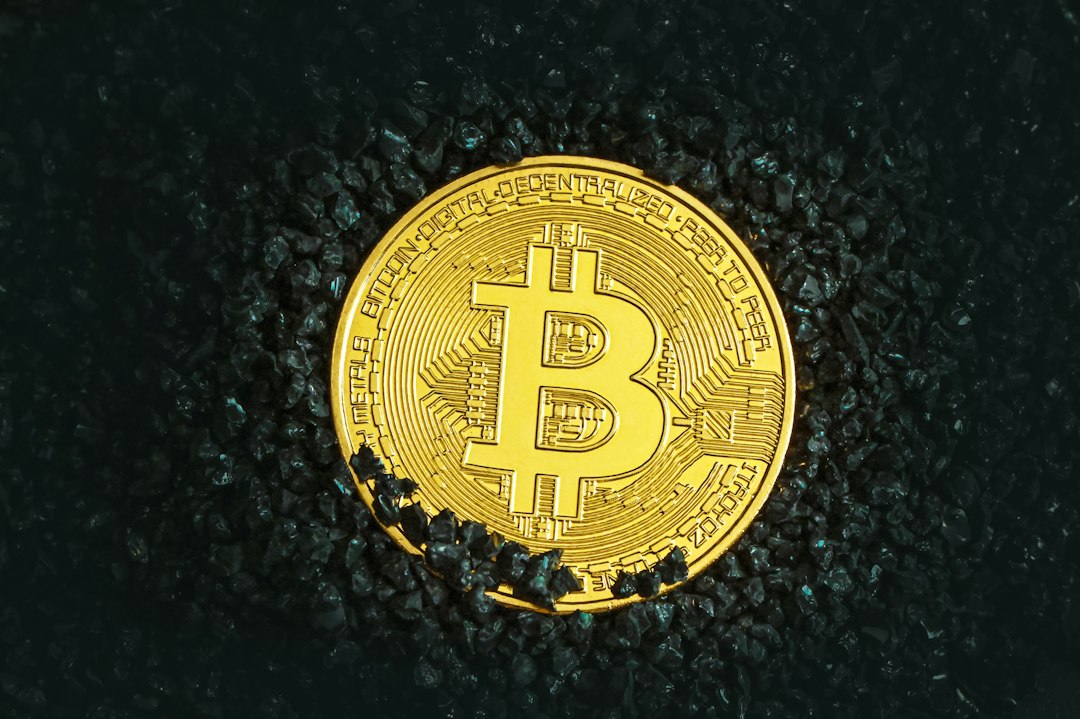The Impact of Dodgy Cryptocurrencies and Silly NFTs on Blockchain
Billionaire real estate developer Frank McCourt expressed his concern about the negative influence of “dodgy cryptocurrencies and silly NFTs” on the blockchain narrative. At Web Summit 2023, McCourt emphasized that his open internet protocol DSNP was not tokenized, distinguishing it from other projects in the space. He stressed that these questionable digital assets have marred the true potential of blockchain technology.
According to McCourt, blockchain has the power to enhance the internet by providing solutions for identity, provenance, verifiable attributes, and attestation. He highlighted the strengths of blockchain technology in preserving immutable facts and non-corruptible information.
DSNP, also known as Decentralized Social Network Protocol, utilizes Frequency, a layer-1 parachain on Polkadot, to establish a foundational implementation of the social graph and public message routing. Notably, DSNP does not involve financial incentives through crypto tokens or private company database servers.
McCourt’s Vision for Project Liberty
McCourt, who transitioned to focus on his non-profit Project Liberty after stepping down as CEO of McCourt Global in 2022, presented a manifesto for a “better web” at Web Summit. In this manifesto, he criticized big tech and social media platforms for causing significant harm to society. He warned about the negative impact of AI and advocated for internet users to reclaim ownership of their data and digital rights.
McCourt also highlighted the migration of over 170,000 users from Web2 social media platform MeWe to DSNP’s protocol and anticipated a substantial increase in user numbers in the near future. He emphasized the need for new applications to adhere to user terms of use regarding data usage rather than the other way around.
Hot Take: McCourt’s Concerns About Blockchain Spoiling
Franck McCourt’s criticism of dodgy cryptocurrencies and silly NFTs is a reminder that while blockchain technology holds great promise for improving various aspects of our digital lives, it is essential to address challenges posed by questionable digital assets that may tarnish its reputation. His emphasis on reclaiming control over personal data aligns with ongoing discussions about data privacy and user rights in the digital age.





 By
By
 By
By
 By
By
 By
By
 By
By